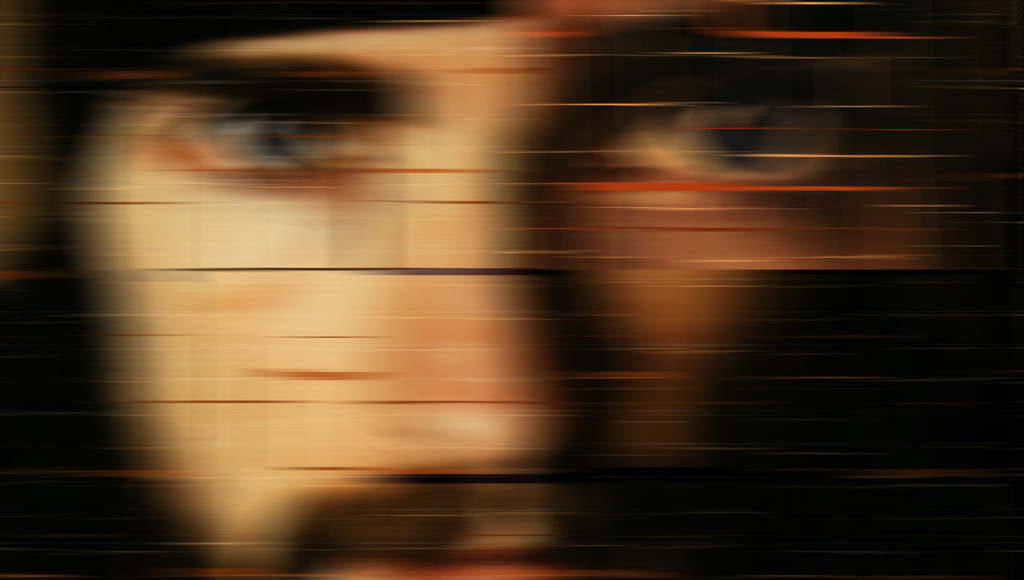Parashat Vayigash
Genesis 44:18 – 47:27
What is imperative is to see Joseph’s face again!
Brother Judah reminds the inscrutable Egyptian official that the brothers have brought their youngest brother, Benjamin, down to Egypt specifically because of this official’s threat: “If your younger brother does not come down with you, you will no longer see my face!” (Gen. 44:23) And so they argued with their father, Jacob, to pry from him his release of his youngest son: “We will not be allowed to see the man’s face if our younger brother is not with us.” (v. 26)
Thus, impelled by their desperate need to see his face again, they overwhelmed their father’s fears and have succeeded in seeing him once more. But, of course, they have no idea whose face they are seeing. They have no idea that they are seeing the face of Joseph, their brother. Even at this moment, when Judah has “drawn close” (- the opening word of our reading, v. 18 -) to Joseph, he still does not see him. For the brothers, “to see his face” does not at all mean that they wish to examine the features of this man’s countenance. They do not seek to recognize him, but, rather, to elicit from him official recognition. For the brothers, “to see his face” means only to appear before this powerful man so as to get him to keep them alive.
But there is another person who keeps wanting to see Joseph’s face: Jacob. For Jacob the meaning of such seeing is completely different. When Joseph’s elaborate stratagem finally reunites father and son, Jacob says: “This time I can die, after seeing your face, for you are still alive.” (Gen. 46:30) What Jacob wants is to see the familiar shape of Joseph’s eyelids, the contours of his nostrils, the corners of his lips, all the features of Joseph’s face that he has lovingly remembered for all these years. Once Jacob sees Joseph’s face he can finally die. All these years he thought that his deep pain at not seeing Joseph alive would kill him. To his own regret, he remained alive and bereft. Now – “this time” – Joseph’s living face has released Jacob from his mournful prison. That is all Jacob has ever wanted, and now he can die. And even though he does not die at that moment, but lives for the next 17 years under Joseph’s protective care, Jacob will feel that same sense of fulfillment every time he sees Joseph’s face.
Shabbat Shalom
Rabbi David Greenstein
![]()
Subscribe to Rabbi Greenstein’s weekly d’var Torah
image: “Tracy 435” © Derek Davalos image altered and used with permission via Creative Commons License
- Toby Stein: In Memoriam - Thu, Feb 8, 2024
- Faithfulness and Hope: Parashat Sh’lach - Thu, Jun 23, 2022
- Past Their Prime: Parashat B’ha`a lot’kha - Thu, Jun 16, 2022


Rabbi,
Your commentary on the love ❤️ of a father for his lost son is beautifully written. The detail of grief is etched in Jacob’s memory of his beloved Joseph’s face. And, his yearning to see that face before he dies is a reminder of the pain associated with loss of our loved ones.
Noa Freudberg